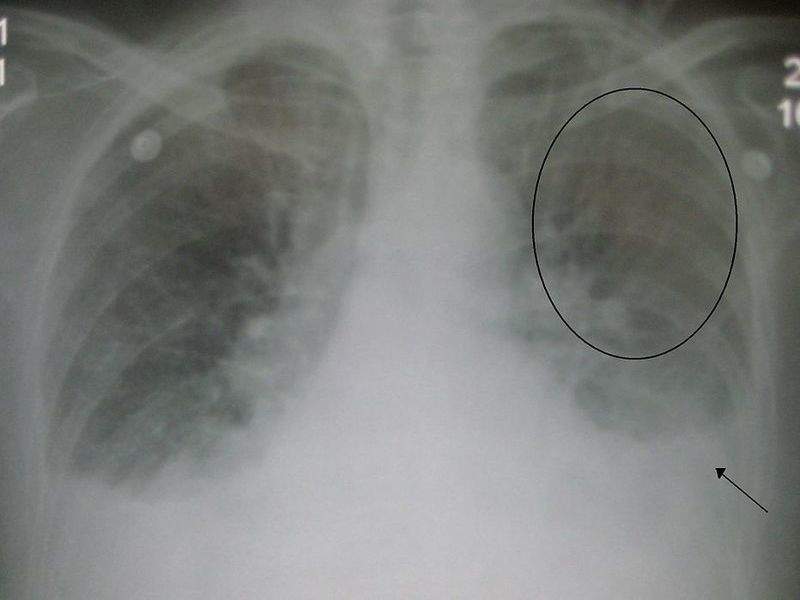

US-based Renova Therapeutics has signed an agreement to receive the investigational new drug (IND) file for stresscopin from Janssen Pharmaceuticals.

Discover B2B Marketing That Performs
Combine business intelligence and editorial excellence to reach engaged professionals across 36 leading media platforms.
Stresscopin is a hormone involved in responses to physiological stress and was previously under development at Janssen.
Renova will advance the programme development as RT-400, a peptide infusion treatment for episodes of acute decompensated heart failure (ADHF), which accounts for about half of all heart failure-related causes of hospitalisation in the US.
From 2005 to 2010, the average estimated number of ADHF hospitalisations was 1.76 million.
Renova Therapeutics CEO and co-founder Jack Reich said: “Obtaining this stresscopin programme IND helps propel forward the development of our peptide infusion product candidate, RT-400.

US Tariffs are shifting - will you react or anticipate?
Don’t let policy changes catch you off guard. Stay proactive with real-time data and expert analysis.
By GlobalData“With this data, we hope to see promising results as we initiate pivotal trials.”
Renova also holds an exclusive licence to the stresscopin peptide.
ADHF is a severe episode of acute respiratory distress, in which a heart failure patient experiences a sudden or gradual onset of the signs of heart failure.
This requires either initiation or escalation of treatment to relieve symptoms and prevent death.
It is caused by severe fluid congestion of the body’s organs, especially the lungs and its symptoms can include difficulty breathing, waking up from sleep gasping for air, fatigue, swelling of the legs or feet, as well as chest pain and pressure.
Treatment options currently available for ADHF are reducing the organ fluid levels with diuretics and stabilising heart function with vasodilators such as nitroglycerin.
Image: Acute pulmonary edema. Photo: courtesy of James Heilman, MD.




